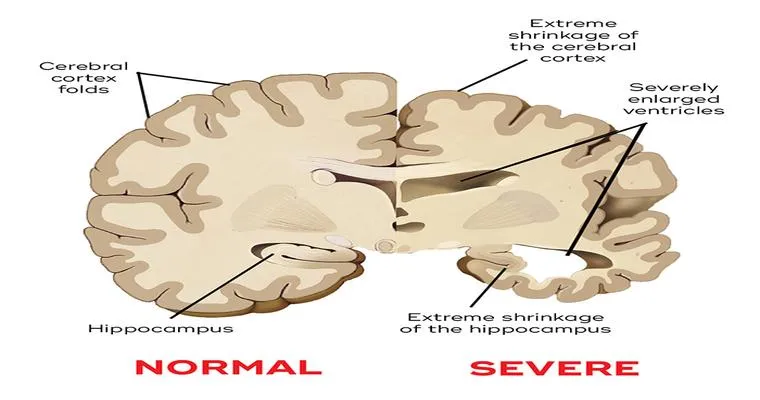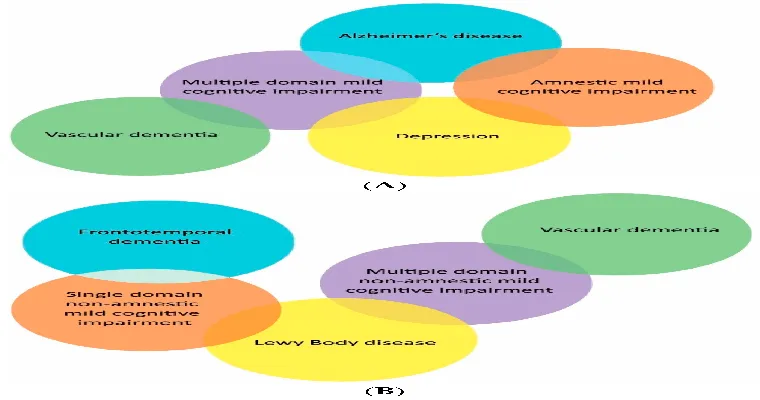Alzheimer’s disease is a progressive neurological disorder that significantly impacts cognitive function and memory. One of the most significant aspects of Alzheimer’s is its effect on the "brain", which undergoes various "structural changes" as the disease progresses. Understanding how Alzheimer’s affects the brain is crucial for patients, caregivers, and researchers alike, as it provides insight into the nature of the disease and potential treatment options.
At the core of Alzheimer’s disease are "amyloid plaques" and "tau tangles", two abnormal structures that disrupt communication between brain cells. Amyloid plaques are clumps of protein that accumulate outside neurons, while tau tangles are twisted fibers that form inside the cells. These formations lead to "neurodegeneration", progressively damaging the neurons and affecting their ability to function properly.
As Alzheimer’s disease advances, the brain experiences "shrinkage" in areas responsible for critical functions such as memory, reasoning, and language. The hippocampus, a region vital for memory formation, is one of the first areas to be affected. This shrinkage leads to noticeable symptoms like forgetfulness, confusion, and difficulty in completing familiar tasks.
Another significant impact of Alzheimer’s disease on the brain is the loss of connections between neurons. Healthy brain cells communicate through synapses, but in Alzheimer’s patients, these connections deteriorate. This synaptic loss contributes to cognitive decline and can lead to changes in behavior and personality. Patients may exhibit mood swings, anxiety, and depression as their brain function continues to decline.
In addition to these structural changes, Alzheimer’s disease also affects neurotransmitter systems. Neurotransmitters are chemicals that transmit signals between neurons, and in Alzheimer’s, levels of important neurotransmitters like acetylcholine decrease. This deficiency can impair memory and learning, making it more challenging for individuals to absorb new information or recall previously learned facts.
Research is ongoing to understand the precise mechanisms behind Alzheimer’s disease and how they contribute to the overall decline in brain function. Scientists are exploring various treatment options, including medications aimed at slowing the progression of the disease and therapies focusing on maintaining cognitive function for as long as possible.
In summary, Alzheimer’s disease profoundly affects the brain through the formation of amyloid plaques and tau tangles, leading to neurodegeneration, loss of synaptic connections, and alterations in neurotransmitter levels. By recognizing these changes, we can better understand the challenges faced by individuals living with Alzheimer’s and work towards more effective treatments and interventions. Awareness and education surrounding this disease are essential as we strive to support those affected and their families.





